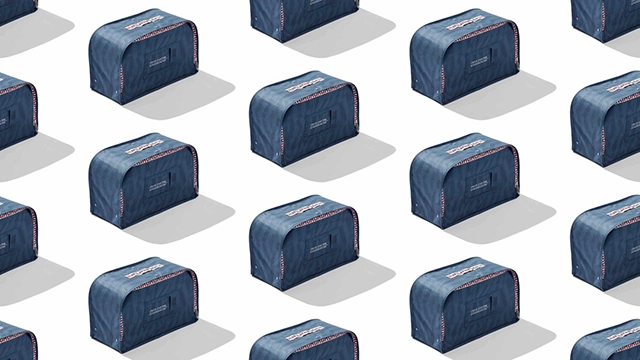Press
In 2020, Expect a Shakeout in the Clothing Rental Market
Feb 28, 2023

As part of its “Retail Revolution” series, ‘Modern Retail’ explores the future of the clothing rental business.
This article was published in ‘Modern Retail’ on December 24, 2019.
In 2019, a number of brick-and-mortar retailers announced they were piloting clothing rental services, with many structured as a monthly subscription–now the big question for 2020 is how many of them will survive. See what industry experts, including MasonHub Founder & CEO Donny Salazar, have to say about this game-changing shift.
Read More on Modern Retail